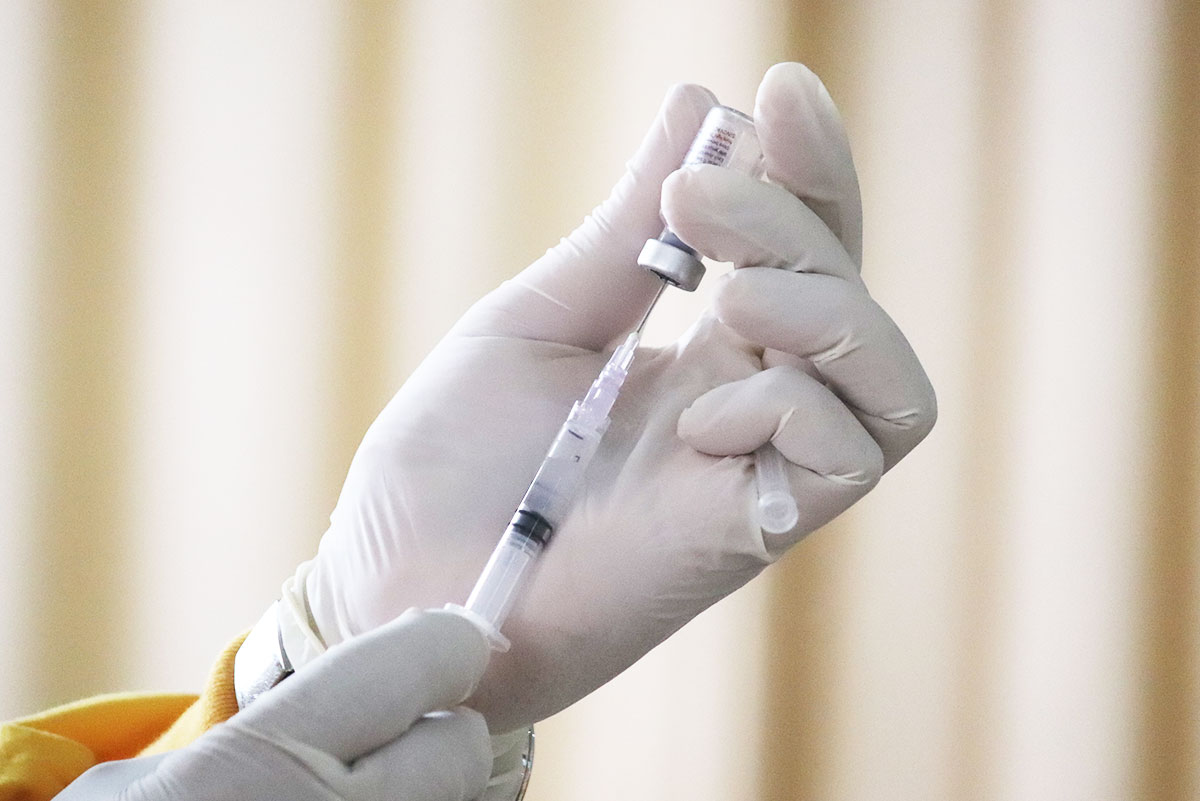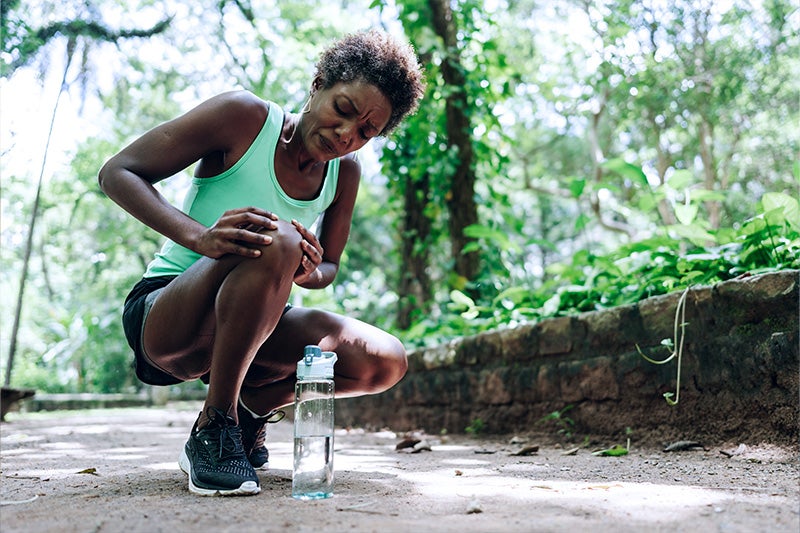Why Are Vaccines Important?
July 5, 2023A vaccine is a substance used to stimulate the body’s immune response to a particular disease.
For many, vaccinating can be a tough decision. The choice to vaccinate is up to the individual; however, it is important to understand why vaccines can be crucial in ensuring the health and well-being of all people. Here is some important information from the Centers for Disease Control and Prevention (CDC) and the World Health Organization detailing basic vaccine information and the significance of vaccinations in promoting health.
What is a vaccine?
A vaccine is a substance used to stimulate the body’s immune response to a particular disease. Vaccines can be given through needle injections, nasal sprays, or oral capsules.
Do vaccines prevent disease?
Yes, vaccines work to prevent disease and illness. According to the CDC, vaccinations aid by helping your body create protective antibodies that work to prevent and fight infections
Should children be vaccinated?
While the decision to vaccinate a child remains up to the parent or guardian, vaccines can prevent many common diseases that young children are commonly exposed to. Choosing not to vaccinate can increase a child’s risk of contracting infectious diseases that can lead to serious illness and complications. Additionally, choosing to have your child vaccinated can aid community health by promoting herd immunity.
Are vaccines safe?
Extensive lab testing and clinical trials are always performed before a new vaccine is administered to the public. The CDC and Federal Food and Drug Administration exercise great caution to ensure vaccinations are safe before they are approved. They also continue to monitor the vaccine after the public begins using it.
Do vaccines have side effects?
Yes, vaccines can have side effects. However, according to the CDC, most people who get vaccinated have mild or limited side effects or even none at all. Some of the most common side effects one might experience after vaccination include: fever, fatigue, or muscle soreness where the injection was administered. These side effects may last for a day or two but often resolve within a few hours.
Rarely, some people may have an allergic reaction to one of the ingredients in a vaccine. This is why most providers ask people to wait at least 15 minutes after being vaccinated before leaving; during this time, professionals can monitor patients for signs of an allergic reaction, such as difficulty breathing. The fact that some people cannot receive certain vaccines is a strong reason for others to get vaccinated. When a very high percentage of people are vaccinated, germs can’t spread as easily from person to person, which helps protect people who can’t receive the vaccine.
What diseases can vaccines protect against?
Vaccines can protect against a wide variety of diseases, including:
- Influenza
- Hepatitis B
- Mumps
- Measles
- Malaria
- Typhoid
- Covid-19
- Polio
- Tetanus
These are just a few diseases that vaccines can help fight against.
Overall, vaccines have proven to be extremely important in disease prevention, individual and community protection, and reducing overall healthcare burdens. Since the introduction of the first vaccine against smallpox, they have saved millions of lives. That’s why vaccines are heavily recommended by the CDC, WHO, and other health organizations. Please consult with your healthcare provider to determine what vaccinations are recommended for you.




